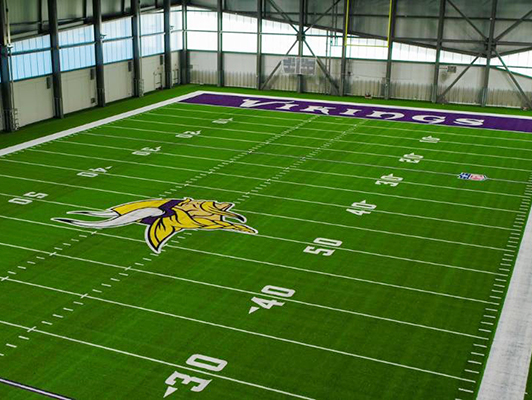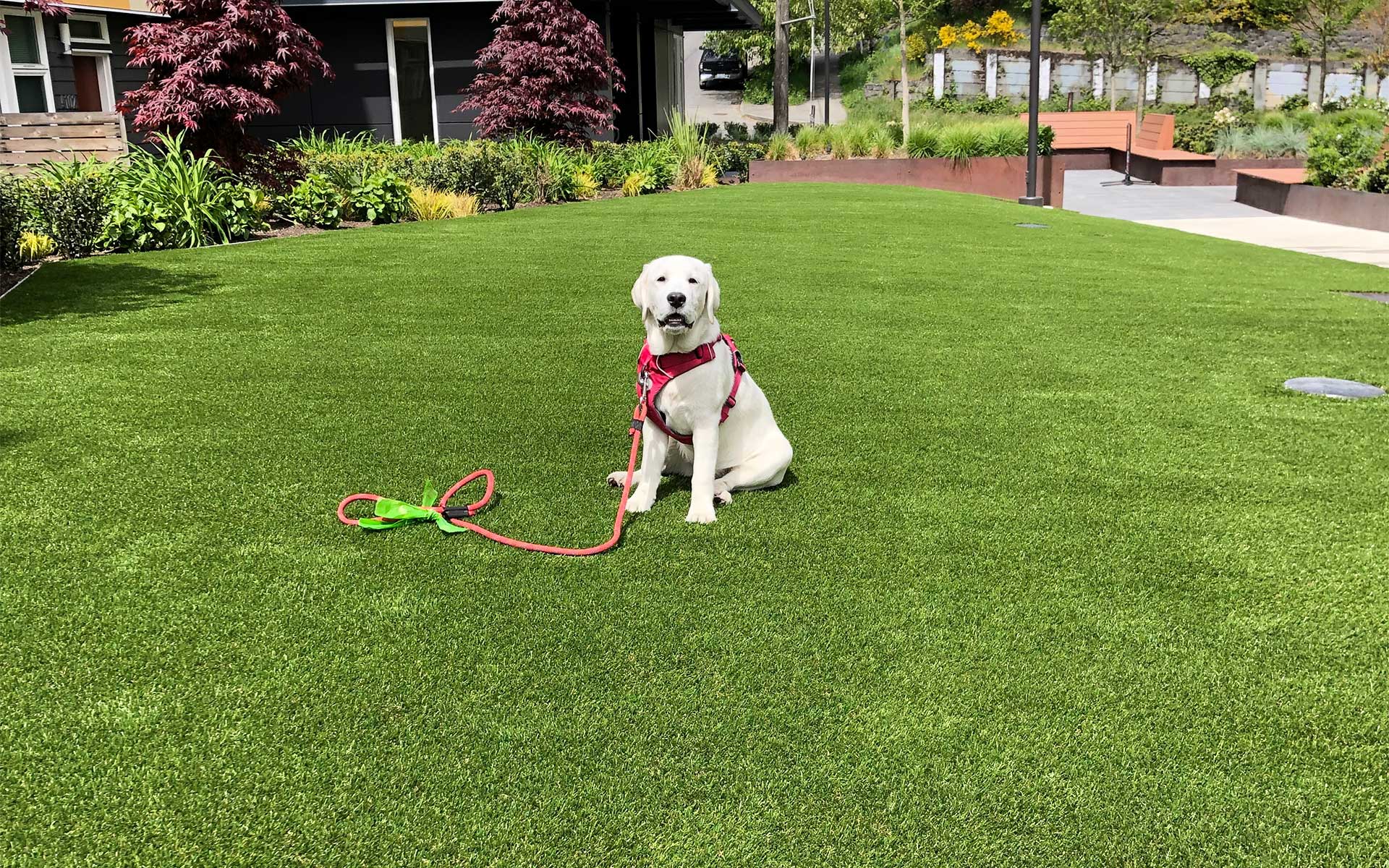Reputable Phoenix Turf Companies Providing High-End Synthetic Grass Installation
Explore the Environmental Benefits of Opting for Artificial Lawn Solutions
The adoption of artificial grass solutions presents a compelling chance to attend to pushing ecological obstacles. By significantly decreasing water usage and lessening the application of unsafe chemicals, these alternatives not only promote sustainable landscape design but also protect local communities.
Water Conservation Advantages
One of the most significant benefits of man-made turf is its ability to preserve water. In contrast, fabricated lawn does not need watering, significantly lowering the general demand for water sources.
By eliminating the need for routine watering, fabricated turf adds to sustainable landscape practices and aids mitigate the environmental impact of extreme water consumption. The conservation of water expands to the decrease of runoff, which can lead to dirt disintegration and river pollution.
Furthermore, the installment of synthetic grass permits home owners and municipalities to assign water sources extra efficiently, focusing on necessary usages such as alcohol consumption water and agriculture. The shift towards synthetic grass not just advertises liable water usage but also lines up with wider ecological objectives focused on protecting all-natural resources.
As neighborhoods significantly focus on sustainability, the water preservation advantages of fabricated lawn offer an engaging instance for its fostering in business and property landscaping jobs.
Decreased Chemical Usage
The transition to synthetic lawn considerably decreases the reliance on chemical therapies commonly utilized in natural lawn upkeep. Standard grass administration typically entails the application of fertilizers, herbicides, and chemicals to advertise growth and control bugs. These chemicals can pose threats to human health, neighborhood wildlife, and the setting, contributing to dirt and water contamination.
In comparison, synthetic grass eliminates the need for these harmful materials. As soon as mounted, it requires very little upkeep, mostly containing normal cleaning and occasional infill replenishment. This decrease in chemical use not just benefits the instant setting but additionally adds to wider eco-friendly stability. By decreasing the launch of artificial compounds into the ecological community, fabricated lawn advertises healthier soil and water systems.
Moreover, the lack of chemical drainage associated with artificial lawn installments aids secure neighborhood rivers from air pollution, sustaining aquatic life and maintaining biodiversity. Phoenix turf companies. As areas progressively prioritize lasting methods, selecting synthetic grass offers a viable option that aligns with environmental conservation goals. Via this shift, homeowner can appreciate lavish eco-friendly spaces without compromising environmental health and wellness, leading the means for a much more lasting future
Lower Carbon Footprint

In addition, the setup of synthetic grass can result in significant water preservation. All-natural yards need substantial amounts of water for watering, which not just includes in the carbon footprint related to water removal and therapy yet likewise pressures regional water resources. On the other hand, synthetic grass requires marginal upkeep, calling for no watering, thus significantly decreasing water use and its connected energy expenses.
In addition, the longevity of man-made grass contributes to its reduced carbon effect. With a lifespan of up to 15 years or more, the demand for frequent substitutes is diminished, leading to less waste and reduced energy intake in manufacturing and dealing with typical yard choices. Generally, synthetic lawn offers a sustainable alternative for ecologically mindful landscape design.
Habitat Preservation
Environment conservation is an essential factor to consider in the dispute over landscaping selections, specifically when comparing fabricated grass to natural turf. Natural yard yards frequently require considerable upkeep, including making use of chemicals, fertilizers, and herbicides, which can adversely influence local ecological communities. These chemicals can leach into the dirt and waterways, damaging indigenous vegetation and animals and interfering with local environments.
Artificial turf removes the demand for unsafe chemicals, therefore shielding nearby wild animals and preserving the stability of surrounding ecological communities. The installment of man-made turf can lead to the conversion of previous grass locations into even more biodiverse landscapes, such as pollinator yards or indigenous plant locations, which can support regional wildlife.
Eventually, the change to artificial grass not only conserves water and minimizes maintenance efforts yet additionally cultivates a much more unified connection between human activities and the all-natural atmosphere, advertising environment preservation while doing so.
Long-Term Sustainability
Lasting sustainability is a vital element in reviewing the advantages of synthetic grass over traditional yard yards. One of the most substantial advantages of fabricated grass is its durability; it can last up to 15-20 years with minimal maintenance, whereas natural yard needs regular reseeding and substitute. This long life reduces the demand for constant resources, such as water, plant foods, and pesticides, which are important for keeping a healthy yard yard.
Additionally, fabricated grass adds to a reduction in carbon exhausts from this source linked with lawn treatment devices. Standard lawns usually need gas-powered mowers, trimmers, and blowers, all of which add to air contamination. Arizona turf. In contrast, synthetic grass eliminates the requirement for such equipment, advertising a cleaner environment
In addition, the production of man-made lawn significantly uses recycled materials, enhancing its sustainability profile. As suppliers adopt environmentally friendly practices, the ecological footprint of synthetic grass proceeds to diminish.

Conclusion
The fostering of artificial grass options offers significant ecological benefits, consisting of substantial water preservation, lowered reliance on hazardous chemicals, and a reduced carbon impact. Man-made turf help in maintaining natural environments by minimizing land disturbance and promoting lasting sustainability via the use of resilient products. Jointly, these elements underscore the capacity of synthetic grass to add positively to environmental health and supply a practical alternative to typical landscape design techniques in a significantly resource-conscious globe.
In contrast, fabricated grass does not require watering, dramatically reducing the total demand for water sources. By decreasing the release of artificial substances right into the environment, man-made lawn advertises healthier soil and water systems.
Moreover, the installment of synthetic turf can result in substantial water preservation. In comparison, man-made turf needs very little upkeep, requiring no watering, consequently substantially decreasing visit this page water use and why not try here its associated power expenses.
